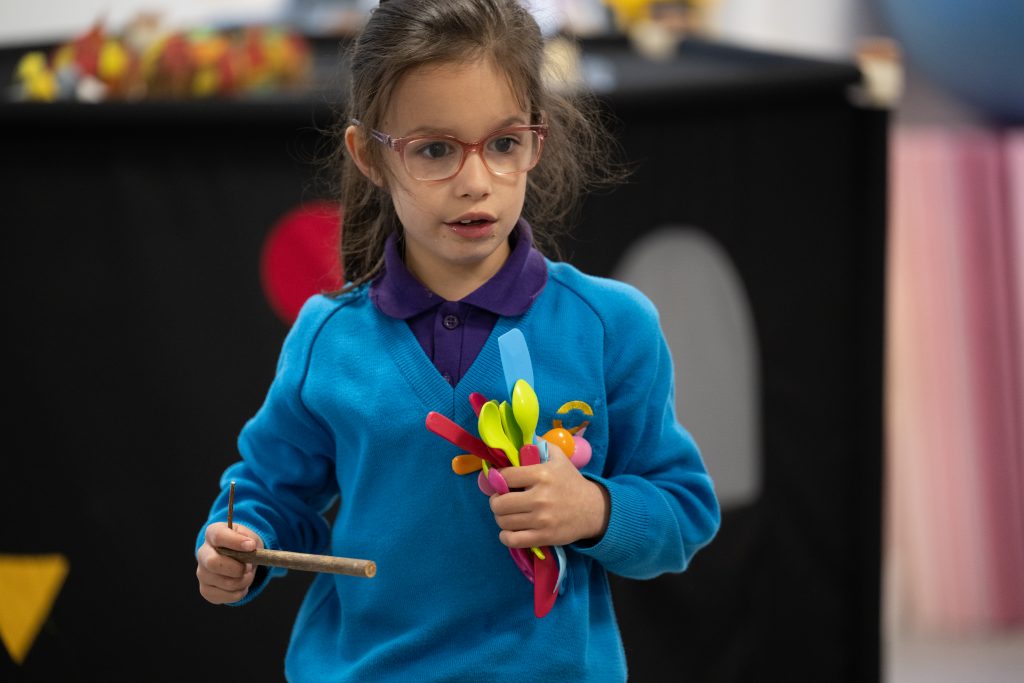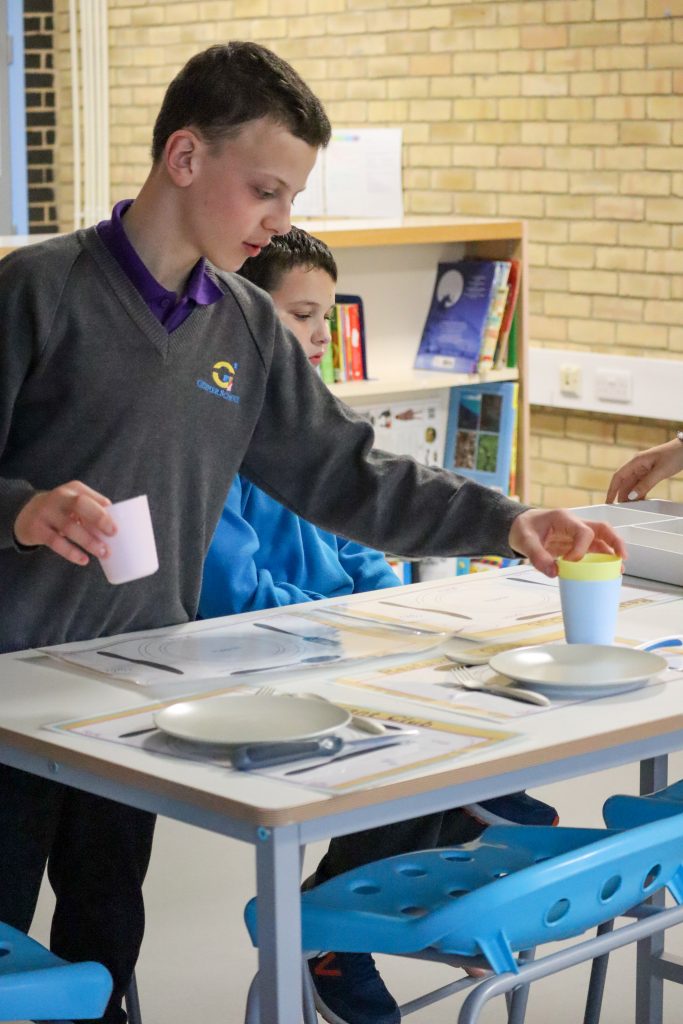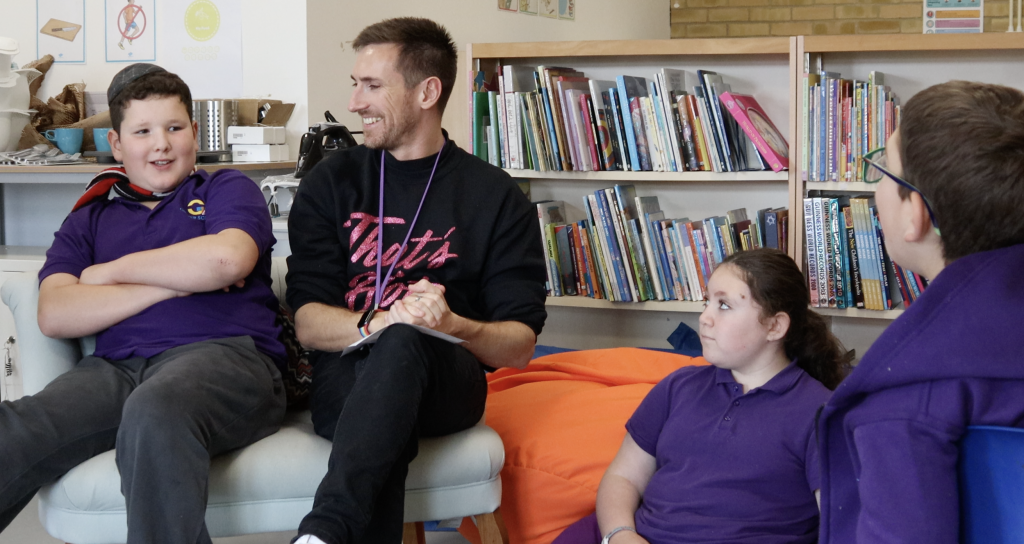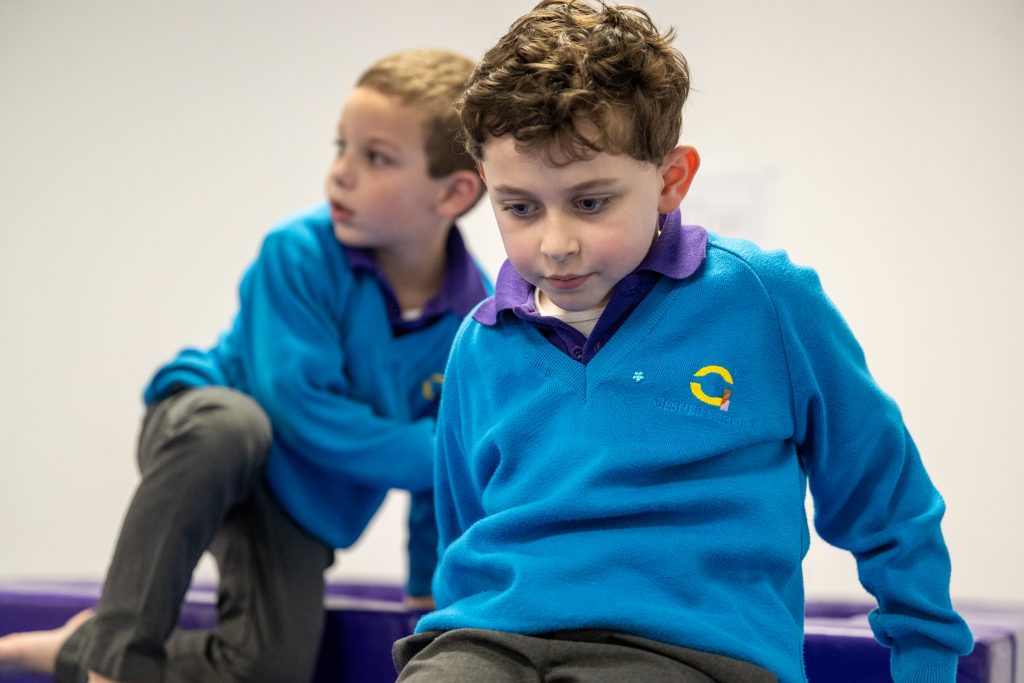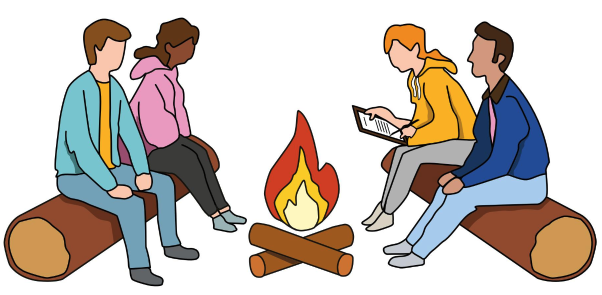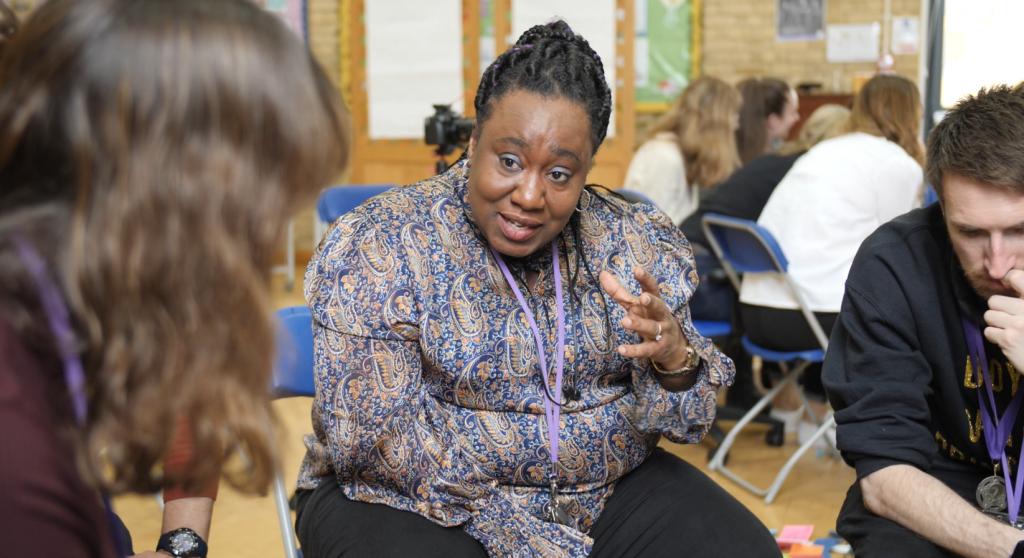What is Crew? We are Crew? Kvutzah at Gesher
Sarah Sultman and Bradley Conway
Valerie Hannon and Julie Temperley (both of whom have been good friends of Gesher School) recently published the book “FutureSchool”, which involved the identification and study of around 50 schools across the world that are doing exceptional things in the education of their young people.
There were a few features of note in common, and three are highly relevant for this piece. They are:
- Building a “team” culture of mutual support and ambition amongst and between learners.
- Creating a relational climate that promotes motivation and wellbeing.
- Knowing learners profoundly well, such that engaging learning can be personalised to their interests and passions.
These are foundational features of Crew, which is what this article is about.
What is Crew?
As parents, we know and value the relational qualities of primary education. Our children are taught largely by a class teacher who knows them really well – and they know that they are known. Parents know it, too.
Rod Allen, who co-hosts the podcast Free Range Humans: how can we make schools fit for human consumption? recently cited an experience from his daughter’s primary-class years. Her teacher loved photography and committed to taking a photograph of each child in her class illustrating who she felt each child really was. At parents’ consultation he and his wife were shown a photograph of their daughter in the playground with other children, which caused him to say: “I didn’t need to hear any more. It was obvious that this teacher understood our child and valued in her what we valued – Maths and English and love of learning – she was in good hands.”
Contrast this with the dominant model of secondary schools where a student is likely to be taught by between eight and 10 teachers a week (or more) for, at most, three one-hour lessons. Few youngsters will feel well known; many won’t even have their names known by all their teachers. Crew is an antidote to this.
Crew is a secondary (and primary) school approach that enables youngsters to feel profoundly secure and well-known by their Crew Leader. It occupies perhaps one hour or more each day, and there are three key features:
-
It prioritises relationships and wellbeing.
-
Knowing learners really well enables learning support to be personalised to student interests and passions.
-
It generates within the “crew” a community of mutually supportive learners. It is not a teacher and 25 students, but 26 learners and teachers working together with their different knowledge, experience and capabilities.
Put another way, Crew is two things. “It is a school-wide culture that supports social and emotional wellness, character development, and academic and life success for students and staff. It is also a unique and transformational meeting structure for secondary school advisories, elementary school morning and closing circles, and for staff collaboration.” Ron Berger, CEO of Expeditionary Learning Schools is considered to be the architect of Crew, and EL schools have been practising it for 25 years. The quote above is taken from the introduction to his book “We Are Crew”.
Ron Berger’s insight into the alchemy of Crew goes something like this: “If you are a member of a climbing team trying to get to the top of the mountain, that is only possible if the whole team makes it to the top. So, your job is to support every other member of the team to make it – and they in turn will be supporting you.” This is it in essence – a mutually supportive community that cares enough to support all members to success.
That is Crew. We are all crew, not passengers. This is Crew.
Crew in the UK
Crew is not part of secondary school culture in the UK. Traditionally, UK schools have short “form tutor” periods involving registration, administration and occasionally some personal and social education. This is nothing like the Crew model, which is at the heart of EL schools and a range of other US school designs. There, it is both a structural component and the foundation of school culture. It “serves as an ethos of inclusion: students strive to reach ambitious goals together as a community. They are responsible for their own wellbeing and their classmates’ wellbeing.”
One UK school that has made Crew foundational is XP School in Doncaster, for which the school maxim is “Above all, compassion”. XP is an Ofsted outstanding school, where inspectors remarked on features that relate to Crew: “Leaders are driven by the conviction that everyone can and should do well. Pupils are kind, generous-spirited and aware of the needs of others, both at school and beyond…..personal development and wellbeing are very well supported and pupils are taught to be considerate, kind and confident.”
Crew at XP is foundational. Students are aware of its impact: “At XP we are not just a school, we are a family,” and “It’s basically a metaphor for us all achieving our goals and we all do it together, so if someone falls behind we don’t just leave them,” and “We don’t just remember facts. We create memories.”
If you are not yet inspired, watch this video. As Andy Sprake (XP’s Executive Principal) says in it: “If you are going to make any difference to young people’s lives, you’ve got to know who they are.”
Crew or Kvutzah at Gesher – Its Origins
Gesher uses the term “kvutzah” instead of the word “crew”. As a faith school, this embodies the ethos, as Judaism is an insistently communal faith. Our sages tell us “do not separate yourself from community” and this notion of living our lives supported, enmeshed and emboldened by others defines our existence. The original meaning of the word kvutzah is “a Jewish communal and co-operative farm or settlement” but over the decades this has evolved into meaning the group you are a part of, or belong to. Urban Dictionary quite wonderfully describes its meaning as “a tight-knit group of crazy kids who spend summers together but will stay close no matter the distance”. And that is the purpose of kvutzah or crew at Gesher – to create a trusted community of people, a social collective where all voices are valued, bonds are created and everyone feels supported and understood.
There is a wealth of literature spreading across several disciplines that shows how important it is to wellbeing, to be surrounded by friends. Having people to talk to makes a difference. We speak of “unburdening” ourselves to others, and the metaphor is exact. There is something about human nature that makes troubles or concerns shared easier to bear. We are, as Aristotle and Maimonides said, social animals. What distinguishes homo sapiens from other life-forms is the extent and complexity of our sociality. Kvutzah encourages and champions this notion of respectfully sharing thought and feelings which in turn creates bonds between teachers and students; student to student, which in turn creates a culture of community at the school. (Adapted from Rabbi Sacks’ Community of Faith.)
The two statements below are taken from the “day in the life” created as a practicalisation of the school and community’s Blueprint vision for the school.
“At the beginning of every day we spend time together. Kvutzah is our secure base. The name provides the clue to how it works – we care about one another and pull together to help each other to succeed. We check in; have learning circles; plan our day, etc. Above all we focus on mindfulness, wellbeing and motivation. We focus our mind and collectively start our day, using tefillah/prayer to help us.
“School day also ends with Kvutzah when we are not out doing community projects. There is check-in and sharing and planning for extended and home learning. There is fun, too.”
It is no stretch of the imagination to understand that the diversity of need and talent amongst SEND learners makes something like Crew or Kvutzah essential. Autistic and neurodiverse young people need to be known; need to have their profile of behaviours understood and accommodated; need to feel valued and respected within a supportive community of peers; need to feel that they belong. This is even more important in a context where many young learners have had damaging prior experiences in mainstream schools.
Crew at Gesher in Practice
In practice, Crew time is an opportunity for the students to focus on, and enhance, any, and all, of the three key relationships in their life – their relationship with G-d; their relationship with other people; and their relationship with themselves. Through prayer, a daily review or quiet contemplation/meditation, the students work individually, and together, to enhance their own mental, emotional and spiritual wellbeing. They learn to care, share and be aware of their own needs as well as each other’s, which enables them to develop their compassion, collaborative skills and resilience – key attributes of life.
However, crew time at Gesher is not restricted to the students. Staff have their own form of crew time. Every week, a staff member chooses a key theme which permeates through three morning briefings and enables all staff to be aware, involved and connected with key aspects and events within Judaism, other faiths or none; within SEND or therapy; within education or their environment; and within the UK or beyond. Regularly enhancing our staff’s personal and professional development has had a profoundly positive effect on the camaraderie, cohesion and teaching within the school and ensures that everyone’s inspiration and passion is valued and shared.
Who is wise?
One who learns from everyone!
(Ethics of the Fathers 4:1)
Professional Prompt Questions
- Where Crew (or Advisory, or Kvutzah) is practised, there is a school-wide body of practice that supports it. Is that true of tutor time in your school?
- Watch the XP video as a staff or as a year team. What can we take from that to influence our own practice? What might be easy to do tomorrow?
- Do your staff “have their own crew time”? Should they? Could they?

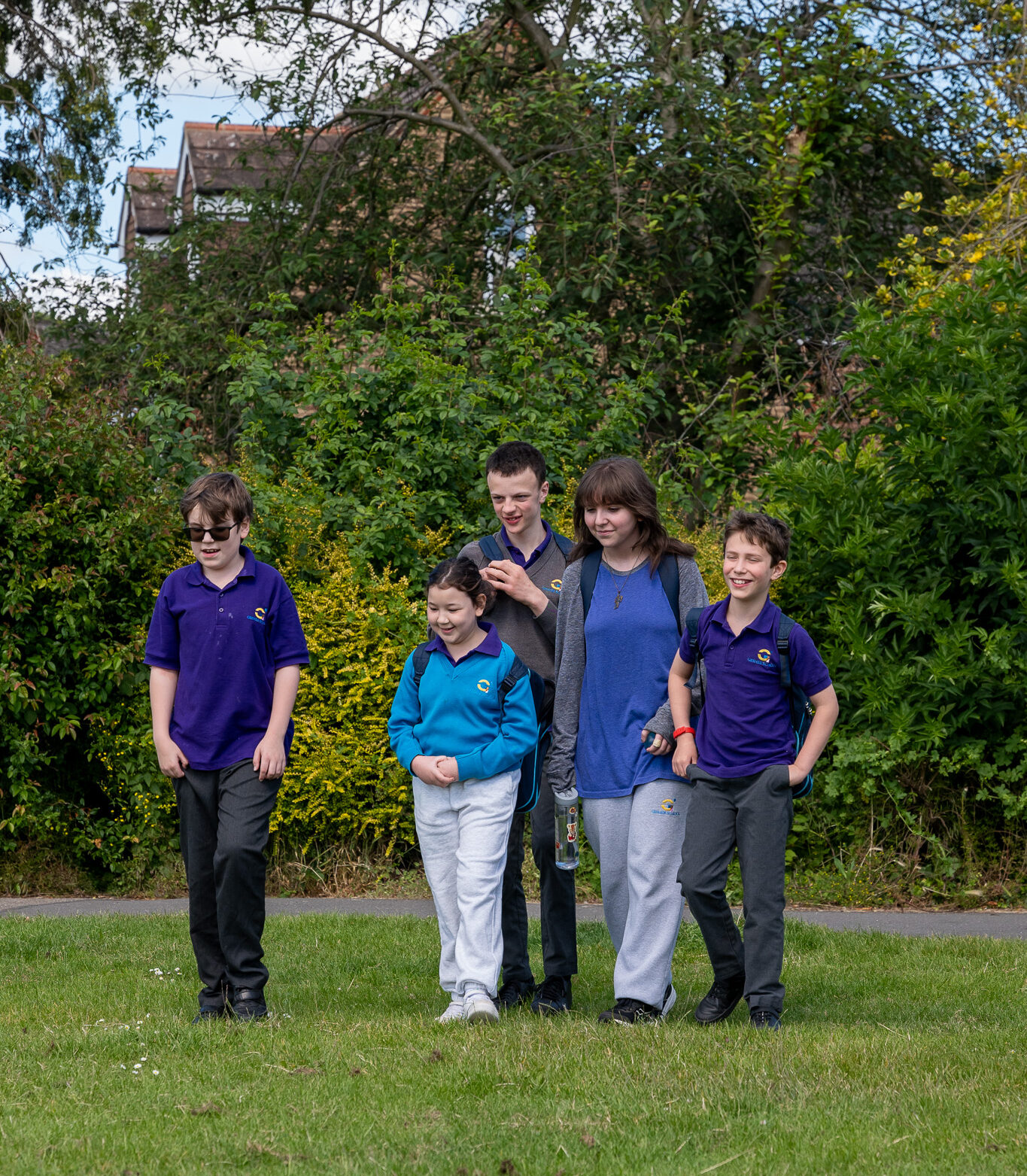

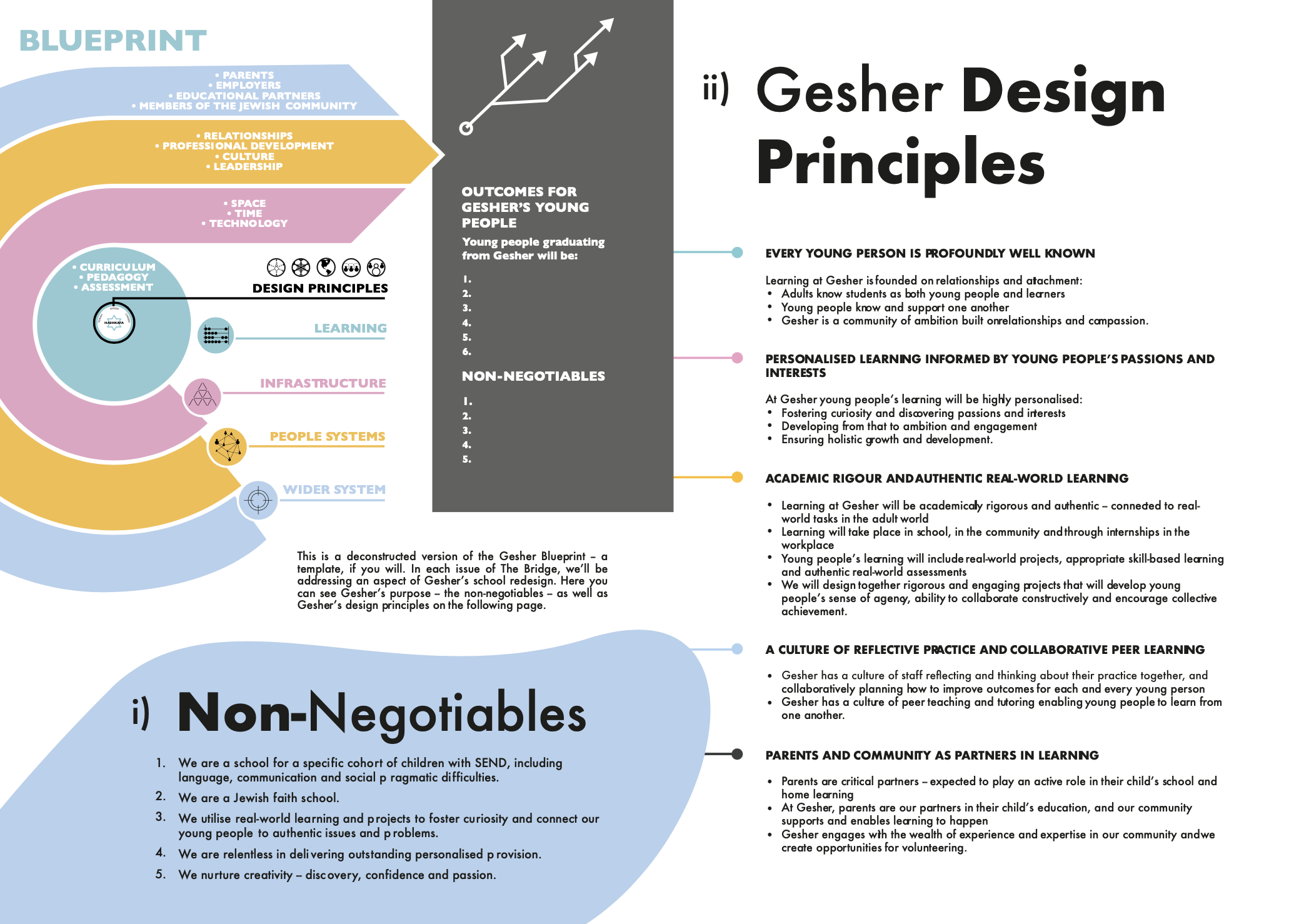
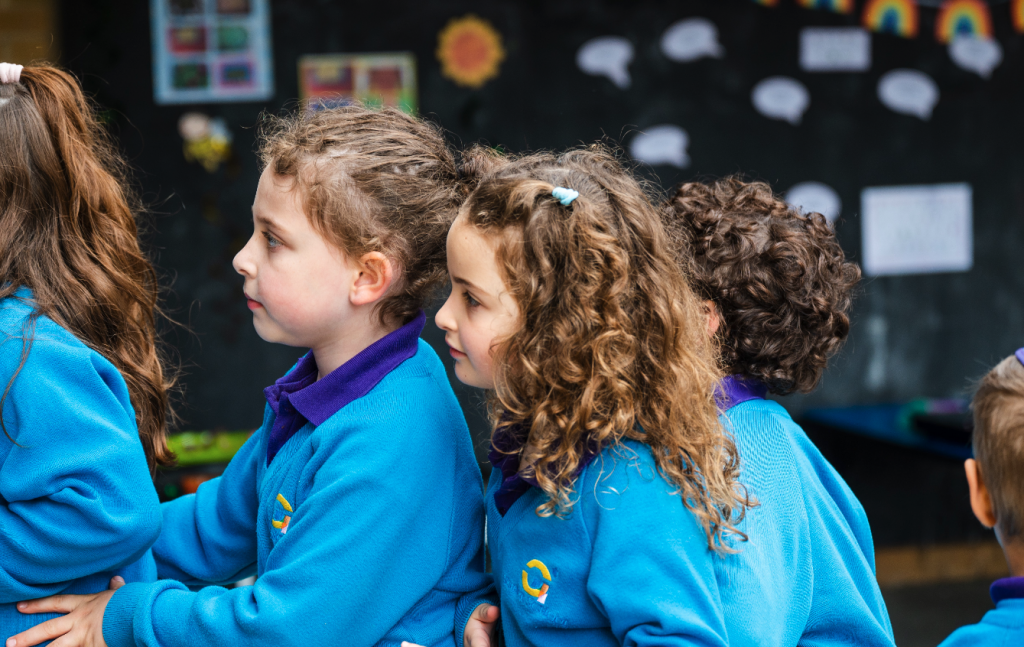
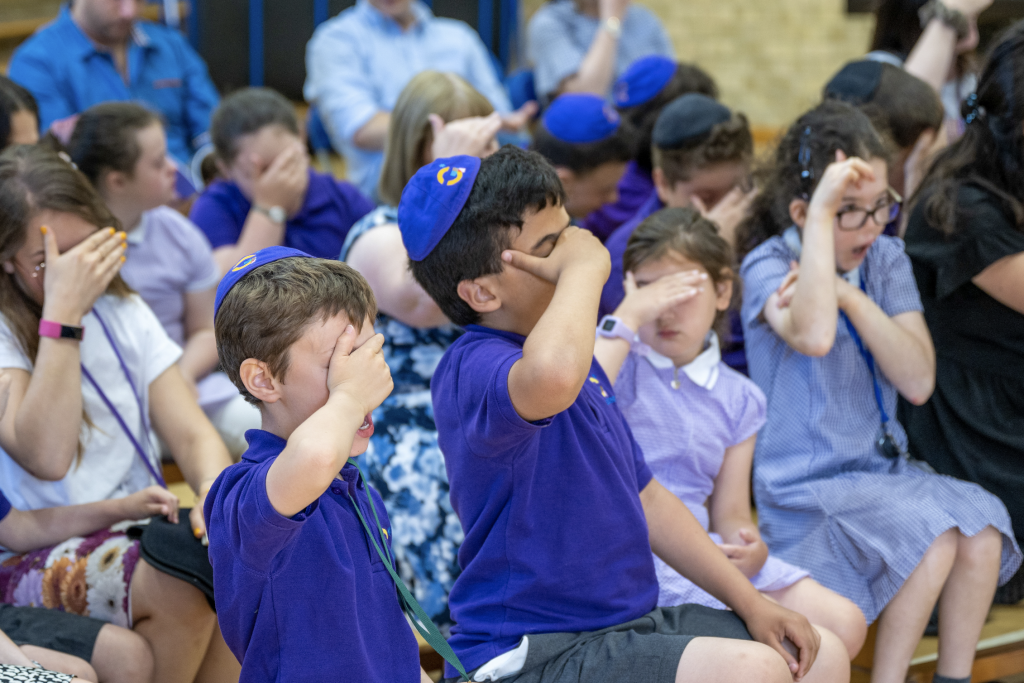
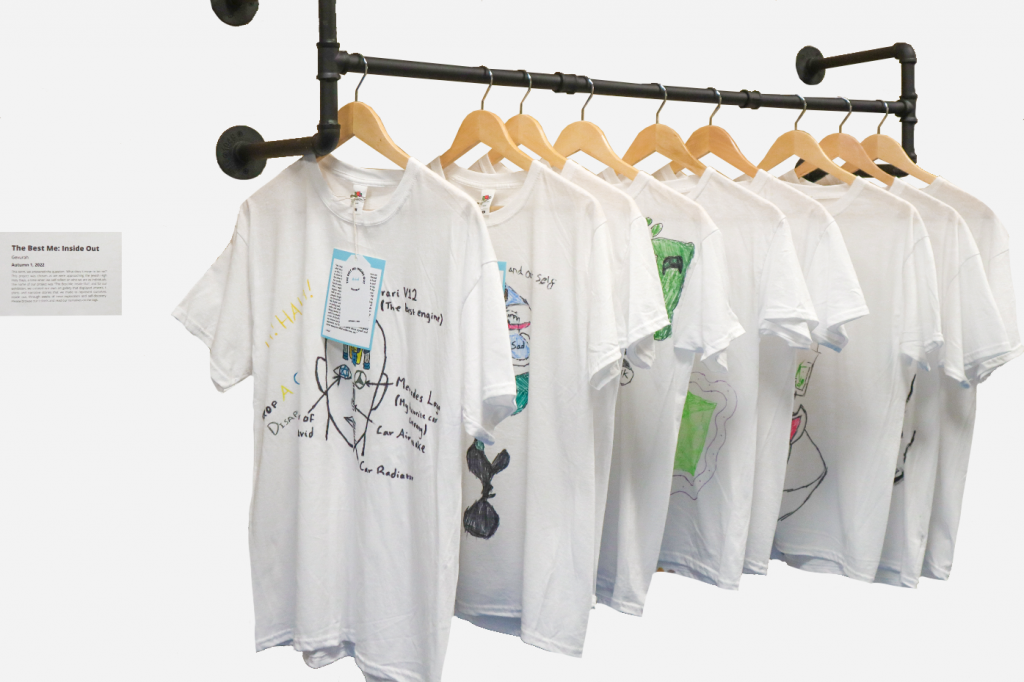
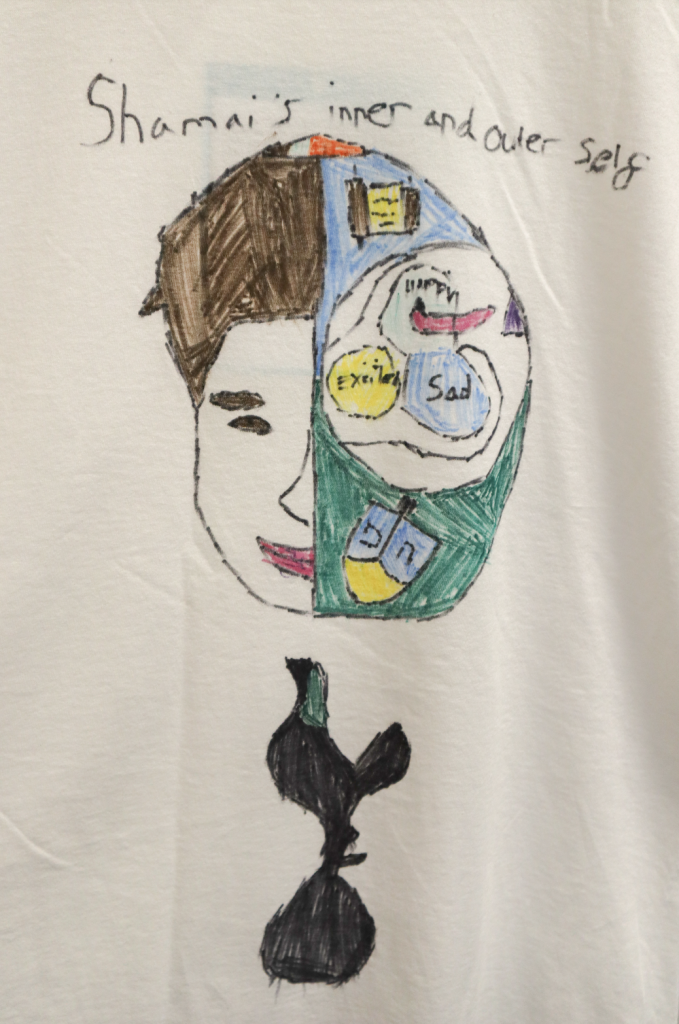


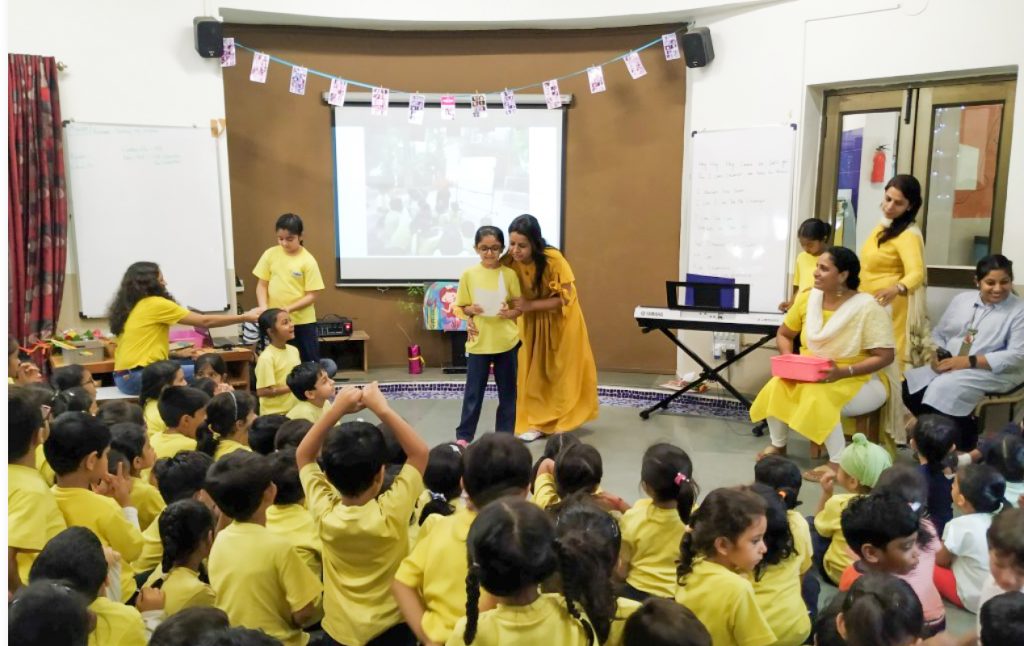
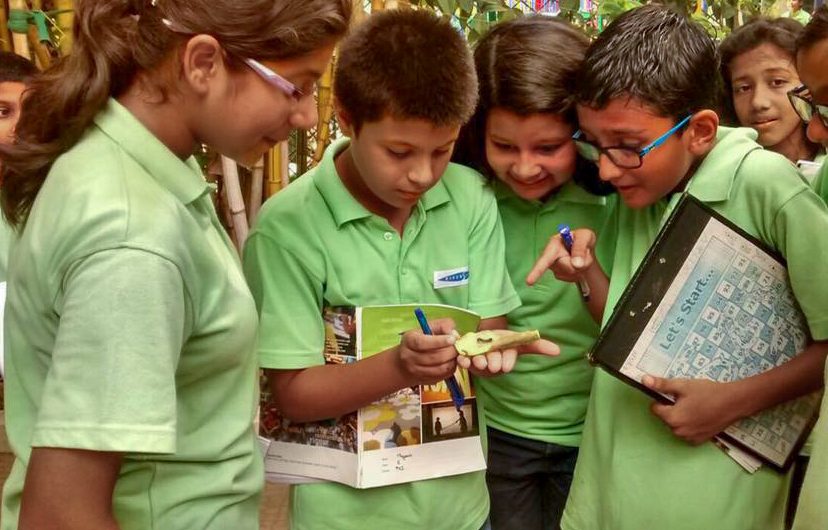


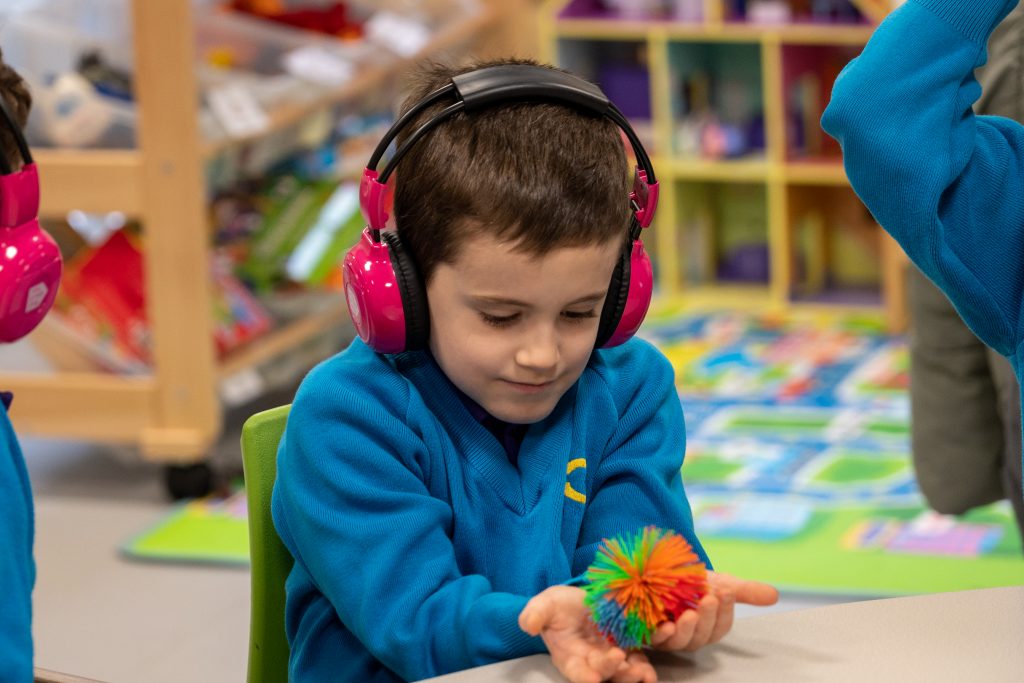
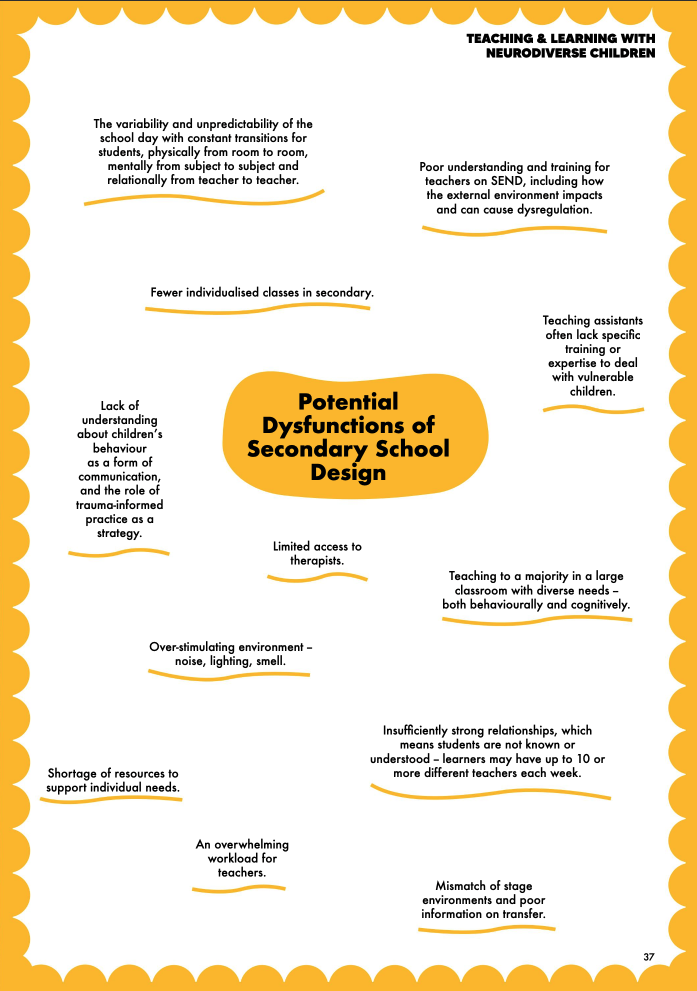
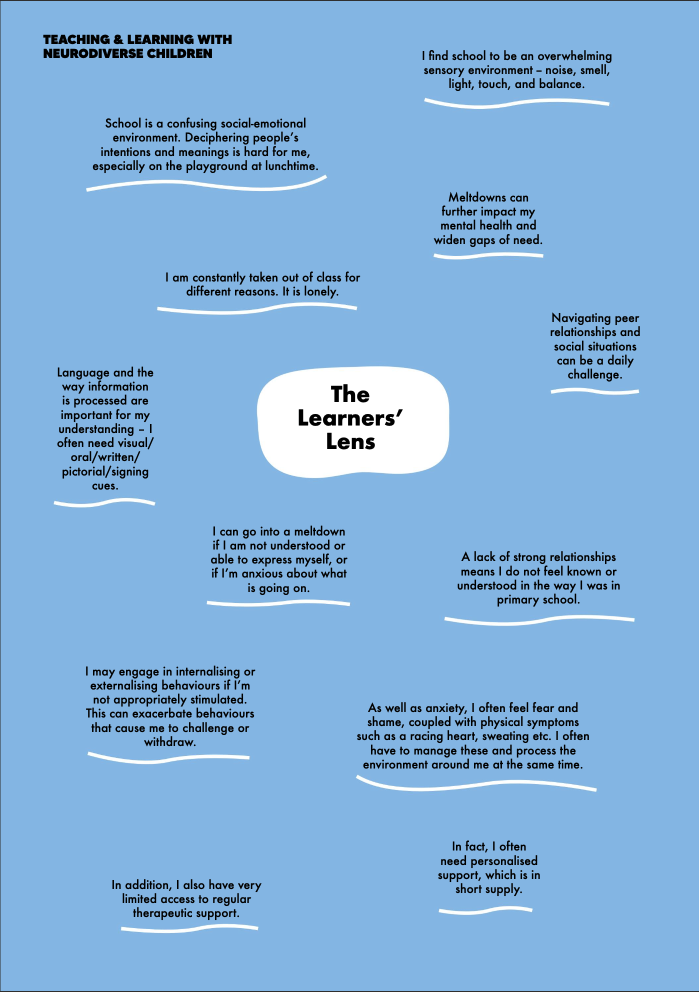
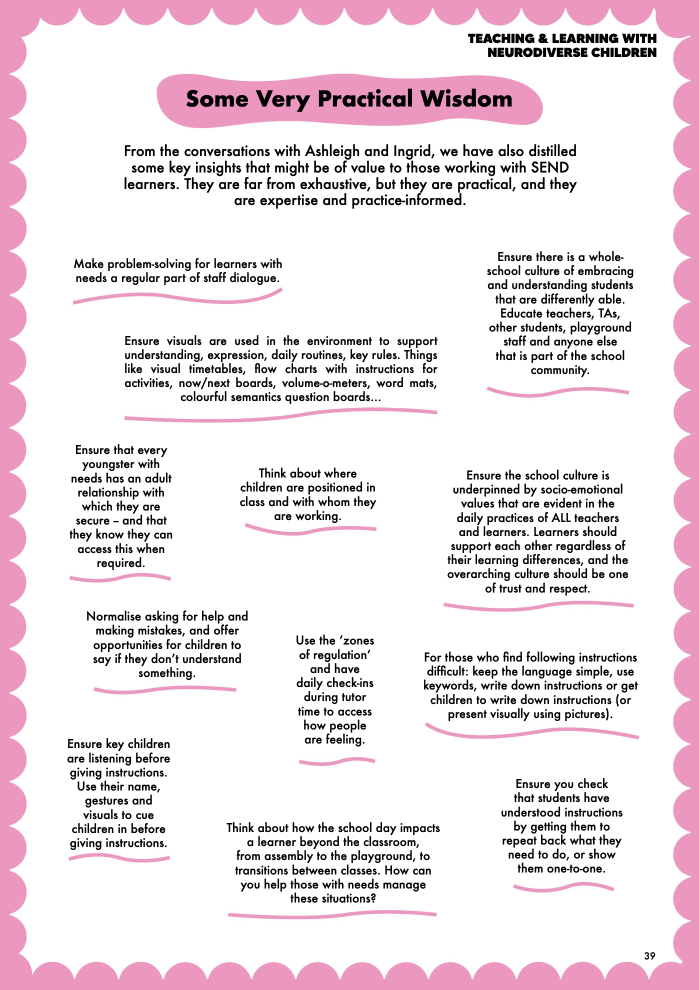

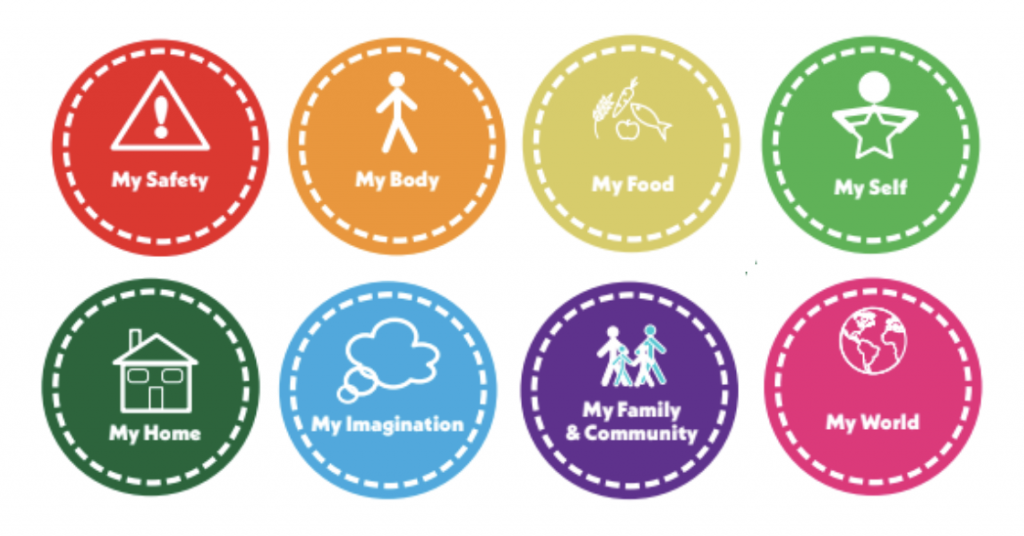 Within each of these themes, there are eleven badges for the students to work towards achieving. In the ‘My Home’ theme, for example, the badges range from ‘Clearing the Table’ to ‘Preparing for Social Occasions’. ‘While each badge is very different they are all designed to focus on developing creativity, critical thinking, problem-solving, decision-making, the ability to communicate and collaborate, as well as commitment to personal and social responsibility.’
Within each of these themes, there are eleven badges for the students to work towards achieving. In the ‘My Home’ theme, for example, the badges range from ‘Clearing the Table’ to ‘Preparing for Social Occasions’. ‘While each badge is very different they are all designed to focus on developing creativity, critical thinking, problem-solving, decision-making, the ability to communicate and collaborate, as well as commitment to personal and social responsibility.’